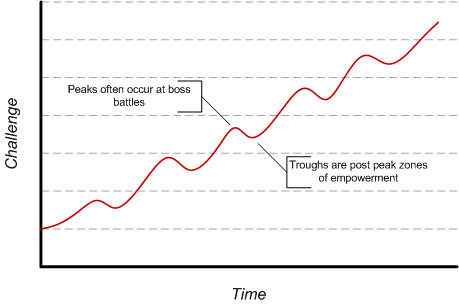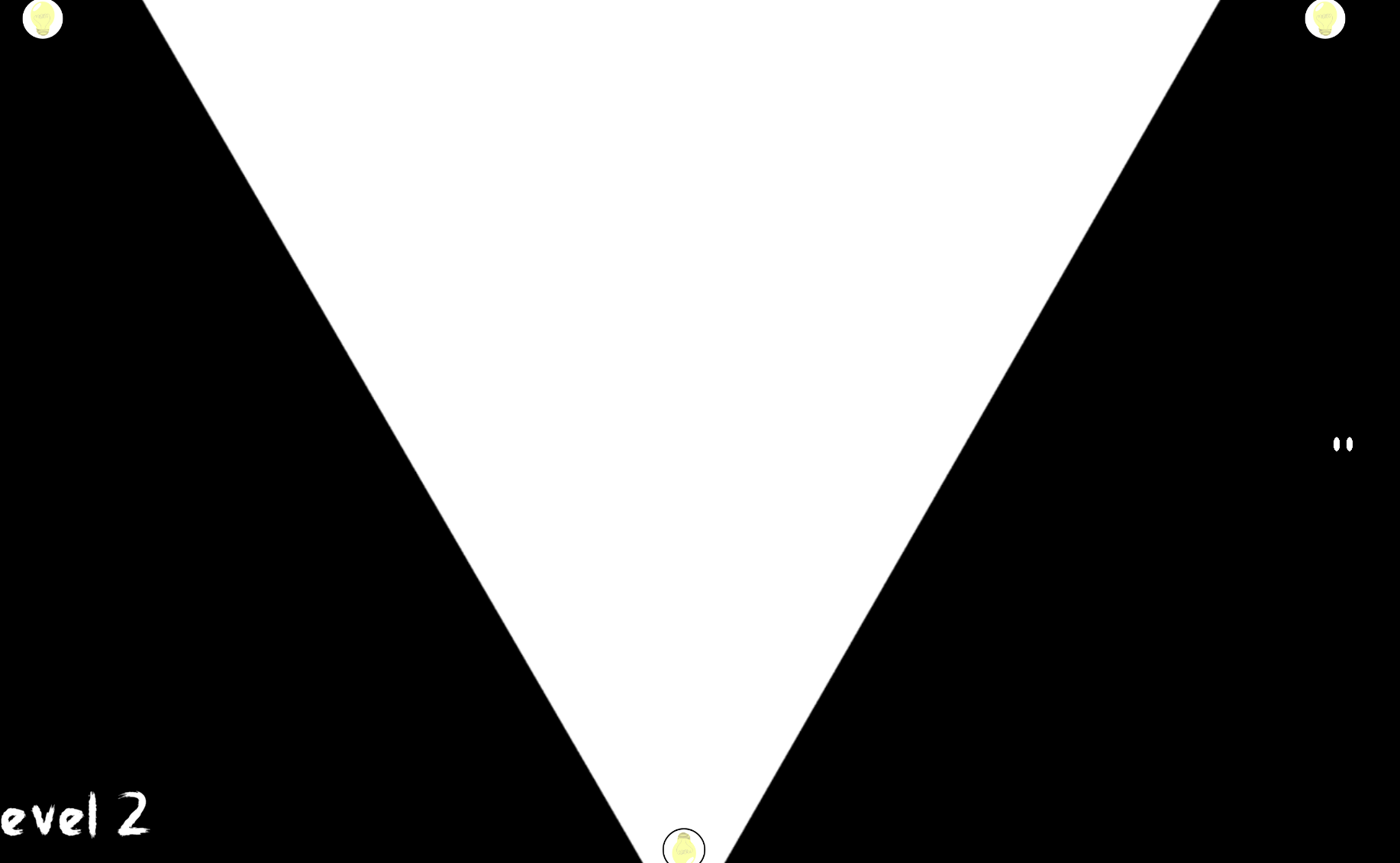Hey, great trailer!
I'm pretty tired and about 5 minutes off bed (Australian time here), so if you don't mind I'll pop back tomorrow so I can give you answers that actually make sense, and aren't just the sleep-deprived ravings of a madman.
We'll come back to that one! Let's start with your difficulty curve question.
As a rule, the perfect difficulty curve generally looks (roughly) like this:

The game progressively gets harder, with slight dips in the difficulty to allow the player to relax after particularly tricky challenges.
As to how HARD a game should be generally, I think it really depends on who the game is for and what you want it to be.
Personally, I think a game should be as hard as it needs to be to show off it's mechanics; some mechanics pushed to their limit get really tricky.
First up, one of your jobs as a level designer is to be a teacher! There are three things you should keep in mind at all times when designing a level.
This, and how you test the player's knowledge, is generally what a difficulty curve actually is.
However, it's important to separate the concepts of difficulty and punishment in your mind, as they're not the same.
Difficulty is how hard something is to do.
Punishment is how severe the consequences of failing to do it is.
Take this early level of yours:

You teach, and test, the double jump mechanic in this level.
While death isn't a huge punishment in your game due to the quick respawns, it's still probably not necessary as a consequence for failing.
If the consequence of failing my double jump simply meant I had to try again with better timing rather than an infinite fall to my death, it would teach exactly the same lesson, but be less frustrating (others have mentioned but I think there's something up with your doublejump code, it doesn't always trigger when I press 'w').
Same difficulty, lower punishment for failing.
So back to:
A good level tests only what you've been taught and teaches what you will later test, but that's not all.
A good level might offer epiphanies, 'aha, I get it!' moments that the player feels great for figuring out.
It might also allow the player to be expressive, using the mechanics of the game in a way that just *feels* good (see pop-corn enemies in a shoot-em-up game).
Level design is an art as much as it is a science, but it's great fun too!
If you can, try and test your levels on people you can watch play them. You don't need to ask their opinion, you'll quickly see where they get frustrated, and you'll be able to interpret what they were thinking by watching what they try to do.
In summary, teach the player, make them an expert at your game, then let them express that expertise in ways that feel good to do!
First of all, thank so much for taking your time to do this, I really apreciate! This will help me a lot fot my future projects...
I agree completely with everything you said, especially the part about the difference of difficulty and punishment. I had never actually thought it or heard anyone express it, in that way. I will definetely keep that in mind, Thank you! And yes, after submitting I saw that there was a problem with the double-jumping code, not always registering W or UP_ARROW presses :(
Again, Thank you so much! I learned a lot about level design, I will definetely save thi comment for further use. I'll try to implement as much you have said either in this project after the jam or future projects.
Thank you again!
It's all good!
The two terms get used interchangeably a lot, even by designers, so it's really easy to get them mixed up.
Part of the issue with game design not having a proper taxonomy of terms, I suppose!
Keen to see your future levels, I think level design is one of the most enjoyable parts of making games once you get into the flow of it!